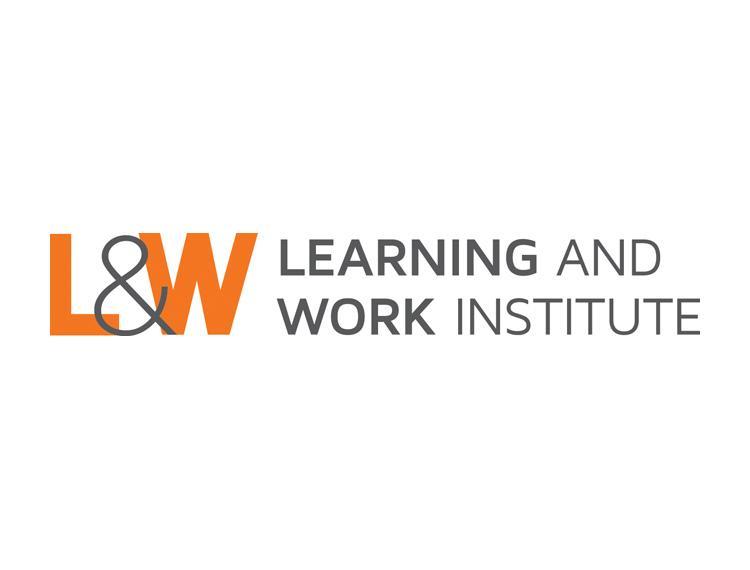Learning and Work Institute propose a new system of Personal Learning Accounts

Today, Learning and Work Institute have published a new policy paper reigniting the debate around funding for lifetime learning by proposing a new system of Personal Learning Accounts.
We are confident that the time is right to look again at how learning for adults is funded and have come up with a way of linking recent developments like the National Careers Service, the apprenticeship levy, advanced learner loans and the Help to Save scheme with new innovations including a Help to Learn Bonus, a skills passport and integrated information and entitlements.
We believe with what we now know about the changing labour market, demographic change in the workforce and stubborn inequality, the time is right for Personal Learning Accounts.
We’ve had lots of support for our proposals:
Launching Power to the People: The case for Personal Learning Accounts, David Hughes, Chief Executive at Learning and Work Institute said:
“The current system of funding education and training for adults is no longer fit for purpose. It is failing to meet the needs of a domestic workforce which is getting older and failing in providing people with the opportunities they need to ahead in life and work.
Today we are excited to be publishing proposals for Personal Learning accounts; a new way for employers, individuals and the State to invest in learning throughout life. By 2022, we want everyone to have access to a Personal Learning Account. “
Jane Slowey CBE, Chair of Learning and Work Institute Strategic Policy Forum and Chief Executive at The Foyer Federation, said:
“The country’s labour market is going through fundamental change. We have an ageing workforce, with many people in insecure jobs, trapped on low pay and feeling threatened by advances in technology and automation. Added to this, it is no longer certain that we will be able to rely on immigration to help meet skills needs in the labour market. Learners and employers need change.
While there are many uncertainties, what is certain is that the way education for adults is funded needs radical change. The current system of grant funding, entitlements and loans for full qualifications is not and will not meet the needs of a 21st century labour market.
This report proposes a fresh approach, rejecting the notion that education can stop at 18, and challenging the State, employers and individuals to embrace learning as a life-long activity.”
Paul Warner, Director of Policy at Association of Employment and Learning Providers (AELP) said:
“Brexit underlines the need for government to support apprenticeships and traineeships as a way of developing the skills on home-grown talent. But economic uncertainty and the need to improve productivity across the workforce mean that we must find policy solutions which will encourage more adult learning. These imaginative proposals from Learning and Work Institute offer a fresh approach which could help meet local and sector needs. The challenges are big, but in our view, these new ideas are well worth exploring.”
Jonathan Simons, Head of Education at Policy Exchange said:
“Policy Exchange has long advocated a high quality technical education pathway and a strengthening of provision for adult education. Post Brexit, it has never been more important to set out clearly how the UK can operate a system of high quality, lifelong training for adults. The benefits for learners, for society and for the economy are manifestly clear. It is therefore really welcome to see this clear call from Learning and Work for a renewed, proper system of personal learning accounts which would financially support learners to train and retrain throughout their lives.”
Paul Eeles, Chief Executive at Skills and Education Group said:
“Funding for adult learners is changing dramatically, and while the benefits of linking localised funding to labour market needs will remain to be seen, what needs to be essential at the core of these changes is finding more effective ways to communicate funding entitlements to potential learners.
“Everyone should have access to lifelong learning without barriers. It is important that we help all prospective learners to overcome these obstacles – whether due to cost, time or confidence – and ensure that everyone who wishes to access further or higher education is able to do so.
“People are more cautious than ever in investing money in all aspects of life, including in learning. Personal Learning Accounts could be the key to helping people of all ages to make informed and confident choices about their learning and help them invest in successful, long-term careers.”












Responses